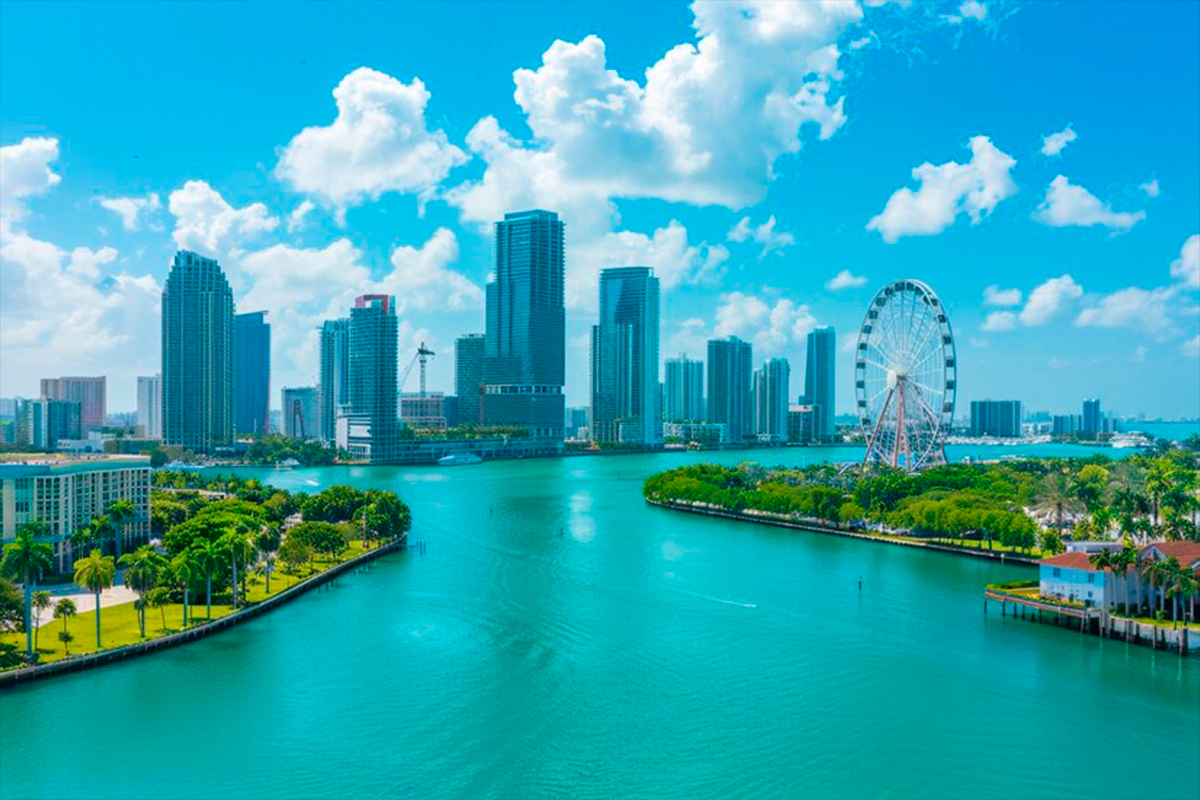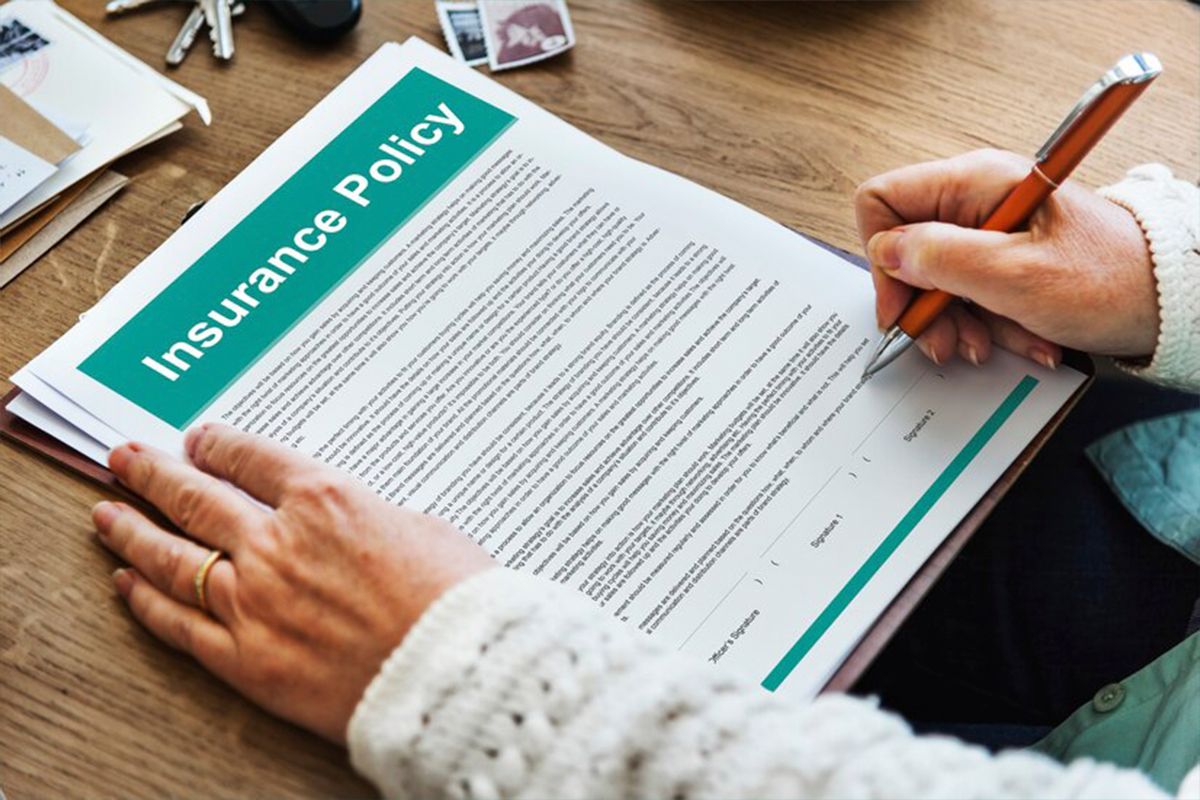What to Do Before Moving to Singapore: Essential Steps and Preparation

Moving to Singapore, known for its modern infrastructure, high quality of life, and multicultural environment, can be an exciting adventure. However, it requires careful planning and preparation to ensure a smooth transition. Here’s a comprehensive guide on the essential steps to take before moving to Singapore.
1. Research and Understand the Visa Requirements
Before moving to Singapore, you need to secure the appropriate visa or work permit. The type of visa you require will depend on your purpose of stay, such as work, study, or family reunification.
•Employment Pass (EP): For professionals, managers, and executives with a job offer in Singapore.
•S Pass: For mid-skilled employees who meet specific criteria.
•Dependent Pass: For spouses and children of Employment Pass and S Pass holders.
•Student Pass: For those enrolled in full-time study courses in Singapore.
Visit the Ministry of Manpower (MOM) website for detailed information on visa requirements, application processes, and eligibility criteria.
2. Secure Accommodation
Finding a place to live is a crucial step. Research the different types of housing options available, such as HDB flats, condominiums, and landed properties.
•Temporary Accommodation: Book temporary housing like serviced apartments or hotels for your initial stay while you search for a permanent residence.
•Permanent Housing: Use property websites like PropertyGuru, 99.co, and SRX Property to explore long-term housing options. Consider factors such as proximity to work, schools, amenities, and public transportation.
3. Plan Your Finances
Managing your finances effectively is essential for a smooth transition to life in Singapore.
•Budgeting: Singapore has a high cost of living, so create a budget that covers housing, utilities, transportation, food, and entertainment.
•Banking: Research and choose a bank to open a local account. Major banks include DBS, OCBC, and UOB. Having a local bank account will facilitate transactions and bill payments.
•Currency Exchange: Familiarize yourself with the Singapore Dollar (SGD) and monitor exchange rates to get the best conversion rates for your money.
4. Healthcare and Insurance


Ensure you have adequate healthcare coverage before moving to Singapore.
•Health Insurance: Check if your current health insurance covers international travel or if you need to purchase a new plan. Singapore has excellent healthcare facilities, but costs can be high without insurance.
•Medical Records: Bring copies of your medical records, prescriptions, and any necessary medications. It’s also a good idea to have a list of English-speaking doctors and hospitals.
5. Understand the Education System
If you’re moving with children, research the education options available in Singapore.
•International Schools: Singapore has many international schools that offer various curricula, such as the International Baccalaureate (IB), American, British, and more. Popular options include Singapore American School, Tanglin Trust School, and United World College.
•Local Schools: Some expatriates choose to enroll their children in local schools, which provide high-quality education and a chance to integrate with local culture.
6. Pack Smartly
Packing efficiently will make your move less stressful.
•Essentials: Pack essential items such as clothing, toiletries, and important documents in your carry-on luggage.
•Household Goods: Decide whether to ship your household goods or buy new items in Singapore. Shipping can be expensive, so compare costs and consider selling or storing non-essential items.
•Climate-Appropriate Clothing: Singapore has a tropical climate, so pack lightweight, breathable clothing suitable for warm and humid weather.
7. Legal and Administrative Tasks
Handle all necessary legal and administrative tasks before your move.
•Documentation: Ensure all your important documents, such as passports, visas, birth certificates, marriage certificates, and academic records, are up to date and easily accessible.
•Legal Matters: Resolve any legal matters in your home country, such as updating wills or granting powers of attorney.
•Mail Forwarding: Set up mail forwarding to ensure you receive important correspondence after you move.
8. Learn About Singaporean Culture
Familiarize yourself with the local culture and customs to ease your transition.
•Languages: English is widely spoken, but learning basic phrases in Mandarin, Malay, or Tamil can be helpful.
•Etiquette: Understand local customs and social etiquette. For example, remove your shoes when entering someone’s home and be respectful of diverse cultural practices.
•Public Holidays: Learn about major public holidays and festivals, such as Chinese New Year, Hari Raya, Deepavali, and National Day.
9. Connectivity and Utilities
Setting up utilities and staying connected is crucial for settling into your new home.
•Internet and Mobile: Research and choose a suitable mobile phone plan and internet service provider. Major providers include Singtel, StarHub, and M1.
•Utilities: Set up utility services such as water, electricity, and gas for your new home. This can usually be done online or through your property management.
10. Stay Organized
Keep track of all your tasks and deadlines to ensure nothing is overlooked.
•Checklists: Create moving checklists to organize tasks and timelines.
•Important Contacts: Compile a list of important contacts, such as your employer, real estate agent, school representatives, and healthcare providers.
Conclusion
Moving to Singapore involves thorough preparation and planning. By understanding visa requirements, securing accommodation, managing finances, and familiarizing yourself with the local culture, you can ensure a smooth transition to your new life in this vibrant city.
Embrace the opportunity to experience Singapore’s unique blend of modernity and tradition, and make the most of your new adventure.
